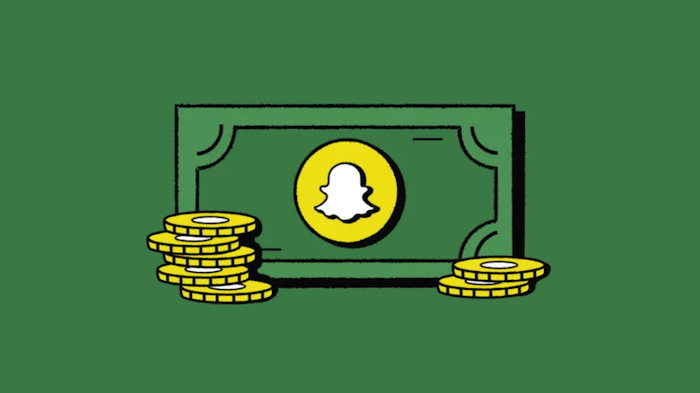Influencer Marketing in the New Age of Generative AI
The implications of AI are all anyone is talking about these days — and for good reason. It could impact jobs, production, scalability, and create any number of potential innovations and abominations. While Acorn Influence, a New Engen company, is embracing and exploring many aspects of generative AI, we must do our due diligence to prepare for what AI-generated creators would mean for our industry and operations—specifically, concerns surrounding the legal ramifications of what is defined as proprietary in the world of influence, and whether AI “influencers” will become the norm.
Regarding the legal aspects, we've already seen rumblings of this with artists suing AI tech for "learning" from their specific artistic styles. But who's to say that the AI wouldn't be "learning" from the influencers who are top performers on social media? What, if anything, is proprietary about how they gained their influence, and how will the creators protect their brands?
In social media, the issue of attribution is one daily fought. We often see the appropriation of style, jokes, music, and dance across TikTok and Instagram, most notably with creators of color who are not credited when white influencers perform their viral dances. It’s a real paradox. The purpose of viral content is to be shared, re-shared, manipulated, and imitated across the Internet. That’s how you reach success, which is all well and good until someone else starts to profit from it. As we speak, Jerry Media is suing seven brands for using photoshopped versions of content produced by their popular meme account @dudewithsign. As AI continues to fuel controversy, the future fate of who owns the rights to “influence” new artistic creations will most likely be decided in court, but the opacity of what defines sampling versus stealing will be difficult to enforce.
This isn’t the first time these ethical conundrums have been raised. CGI or "virtual" influencers have been around since at least 2016, even earlier if you consider anime and video game characters that have crossed into mainstream content. But, because these AI influencers are rooted in technology that borrows from real life, they have also faced backlash. For instance, AI rap influencer FN Meka was lambasted as "digital blackface," not only because his creators were two white men but because they used his character to perpetuate harmful stereotypes. Or take the incredibly cringeworthy case of virtual influencer Lil Miquela, who, in an attempt to seem more human, posted a vlog in which she described being sexually assaulted in a rideshare - a video that was both shortsighted and wildly offensive. Brands should take heed that even with fictional people — the creators behind the levers will still be under scrutiny.
Companies will likely continue experimenting with AI “influencers,” but what differentiates this AI-generated content from any other branded content made in a production studio? This is where we see the real division — we can certainly see the cost-savings involved with AI-generated clothing models and brand ads, but the holy grail for any influencer agency is to broker deals between brands and people who are real brand advocates. While AI can certainly create content that looks real and imitates human behaviors, these outputs are fundamentally at odds with the ethos of influencer marketing.
Influencer marketing is grounded in its authenticity and the connections people feel to the creator as a real person. That's when the secret sauce, so to speak, is made. While the bastardization of influencer marketing is a constant struggle for creators looking to give an honest review rather than make a quick buck, we at Acorn will continue to champion authenticity as long as there remains a desire for it. And judging by the size of the creator economy and the investments in the industry, this is not a phase - but we wouldn't be surprised if AI influencers were.







